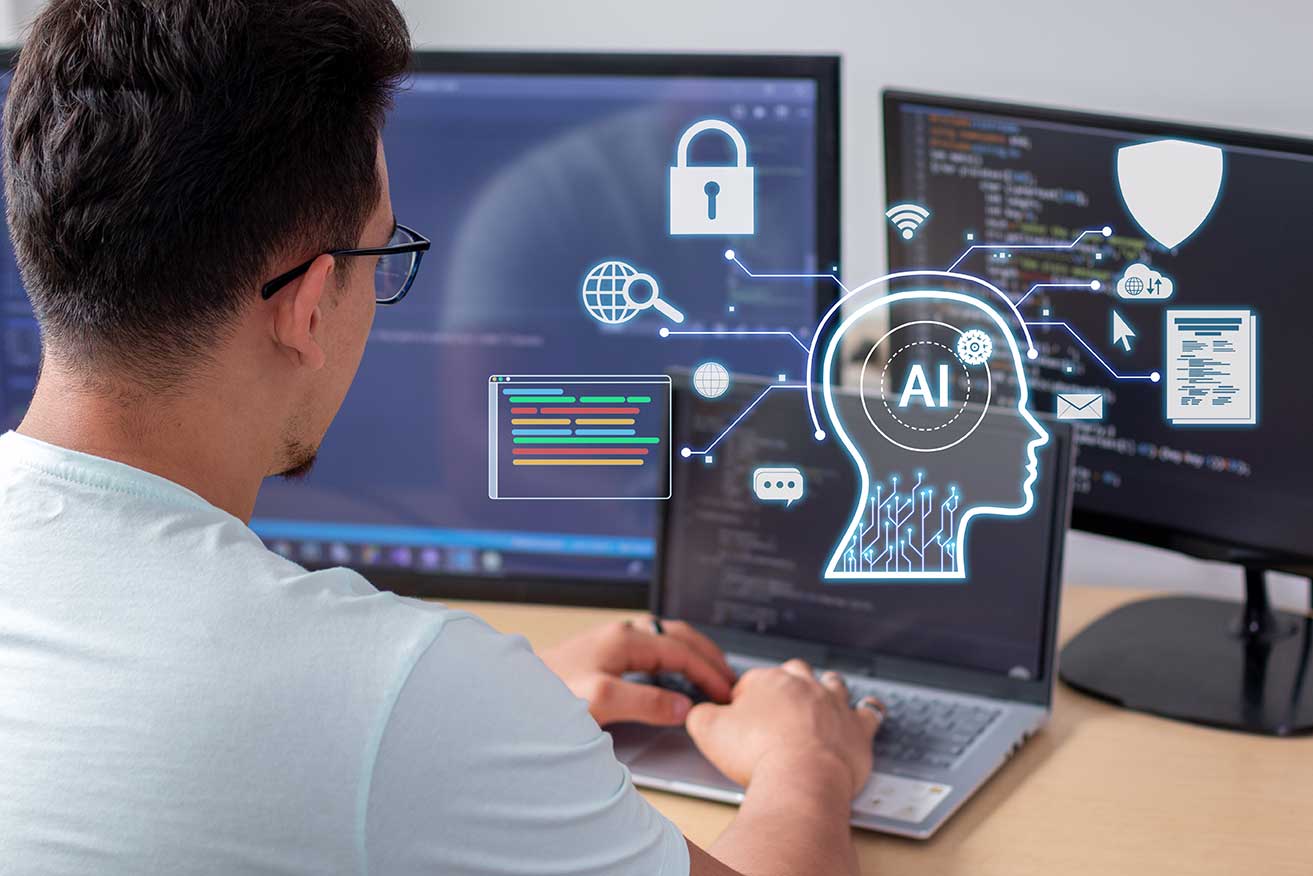In today’s rapidly evolving technological landscape, the rise of artificial intelligence (AI) has sparked debates about the role it plays in education and whether it will eventually replace traditional forms of learning. This article delves into the impact of AI on education, the challenges and benefits associated with its integration, and the importance of continuing education in the age of AI.
How AI is Impacting Education
AI is increasingly being integrated into classrooms around the world, transforming the way students learn and teachers impart knowledge. The use of AI systems like ChatGPT is revolutionizing traditional teaching methods and providing new opportunities for interactive and personalized learning experiences.
Integration of AI in the Classroom
The integration of AI in educational settings involves incorporating AI technologies to support and enhance the learning process. AI-powered tools can personalize learning experiences, adapt to students’ individual learning styles, and provide instant feedback to aid in comprehension.
Benefits of AI in Education
The benefits of using AI in education are manifold. AI can assist teachers in developing tailored curriculums, identify areas where students may need additional support, and create engaging learning materials. Moreover, AI has the potential to make education more accessible and inclusive for learners with diverse needs.
The Role of ChatGPT in Learning
ChatGPT, a cutting-edge AI model, is reshaping how students interact with educational content. Its natural language processing capabilities enable seamless communication between students and AI-powered systems, leading to more effective and engaging learning experiences.
AI vs Traditional Education
While AI offers numerous advantages in education, there are several challenges associated with its implementation. Educators and institutions face hurdles in effectively integrating AI technologies, adapting to new AI models, and ensuring that traditional teaching methods are not overshadowed by technology.
Challenges Faced in Implementing AI in Education
Implementing AI in education requires significant investment in training educators, updating infrastructure, and addressing concerns about data privacy and security. Additionally, the rapid advancement of AI technologies poses challenges in keeping pace with evolving tools and techniques.
Future of AI in Learning
The future of AI in learning is promising, with AI expected to play a more significant role in shaping educational experiences. As AI technologies continue to evolve, educators must adapt and leverage these tools to enhance teaching practices and student outcomes.
Impact of AI on Traditional Teaching Methods
The incorporation of AI in education has the potential to revolutionize traditional teaching methods by providing more personalized and adaptive learning experiences. However, striking a balance between AI use and human interactions is crucial to maintain the social and emotional aspects of learning.
The Importance of Continuing Education in the Age of AI
In the age of AI, continuous learning is vital to thrive in a rapidly changing job market driven by automation and technological advancements. Understanding how AI is reshaping industries and acquiring the necessary skills to navigate the AI landscape is essential for career growth and development.
How AI is Changing the Job Market
The integration of AI in various industries is transforming job roles and skill requirements. To remain competitive in the job market, individuals need to upskill and reskill to adapt to the increasing use of AI technologies in the workplace.
Skills Needed to Navigate the Advancement of AI Technologies
Navigating the advancement of AI technologies requires a combination of technical skills, critical thinking, creativity, and adaptability. Individuals must be prepared to embrace new technologies, learn how to utilize AI tools effectively, and collaborate with AI systems to drive innovation.
Combining AI with Traditional Education
While AI offers innovative learning solutions, traditional education continues to play a vital role in fostering essential skills such as communication, collaboration, and problem-solving. Integrating AI tools with formal education can enhance learning outcomes and provide students with a well-rounded educational experience.
Can AI Fully Replace Traditional Education?
Despite the advancements in AI, the question of whether AI can fully replace traditional education remains a topic of debate. While AI has the potential to personalize learning through adaptive algorithms and personalized feedback, there are limitations to its capabilities in replicating the human touch and social interactions that are integral to the learning process.
The Role of AI in Personalized Learning
AI plays a crucial role in personalized learning by tailoring educational content to individual learners based on their strengths, weaknesses, and learning preferences. However, human intervention is essential to provide emotional support, mentorship, and guidance that AI systems may lack.
Limitations of AI in Education
While AI shows promise in enhancing educational experiences, it also presents challenges such as bias in algorithms, lack of emotional intelligence, and overreliance on technology. Educators must be vigilant in addressing these limitations to ensure a well-rounded and equitable learning environment.
Balancing AI Use with Human Interactions in Education
Striking a balance between AI use and human interactions is crucial in education to maintain the social and emotional aspects of learning. While AI can enhance efficiency and personalize learning, human teachers play a unique role in nurturing creativity, critical thinking, and social skills in students.
Future Prospects: Leveraging AI for Continuous Learning
As the world embraces the era of AI, leveraging AI tools for continuous learning becomes imperative. AI-powered tools for lifelong learning, reskilling, and upskilling programs offer individuals opportunities to expand their knowledge, acquire new skills, and stay relevant in a rapidly changing job market.
AI Tools for Lifelong Learning
AI tools for lifelong learning provide individuals with on-demand access to educational resources, personalized learning paths, and continuous skill development. These tools empower learners to upskill at their own pace and adapt to evolving industry demands.
AI in Reskilling and Upskilling Programs
Reskilling and upskilling programs powered by AI offer personalized training, career guidance, and certification opportunities to individuals seeking to transition to new roles or industries. AI enables targeted learning experiences tailored to the specific needs and goals of learners.
Augmented Intelligence: Human-AI Collaboration in Education
The future of education lies in the collaboration between humans and AI, where augmented intelligence enhances teaching and learning outcomes. By combining the strengths of AI technologies with human expertise, educators can create a dynamic and adaptive learning environment that maximizes student potential.



